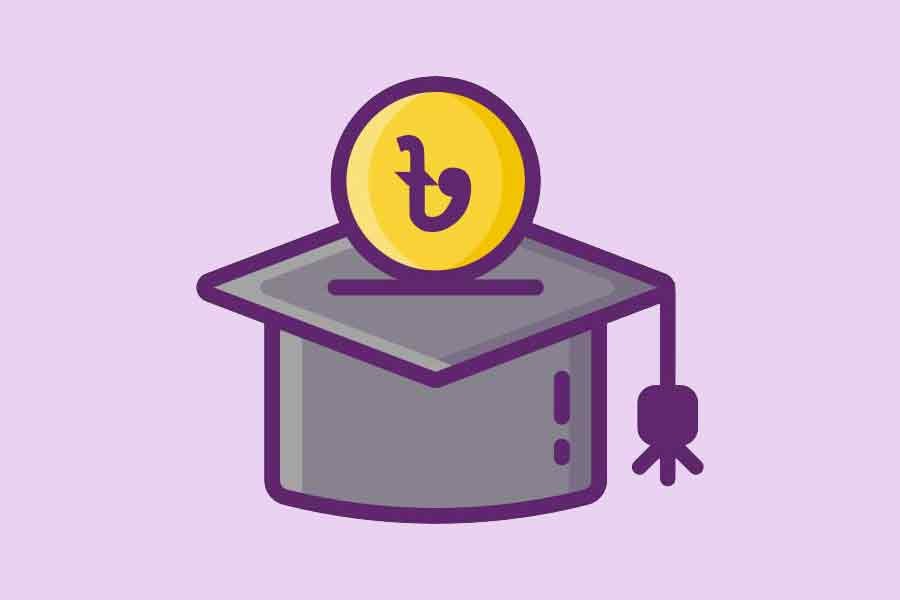Demand for enhanced budget for education was once again voiced, as has been done umpteenth time, at a discussion meeting in the city on budgetary allocation for this highly important sector on Saturday last. Jointly organised by the Centre for Policy Dialogue (CPD), Campaign for Popular Education (CAMPE) and Education Watch, the discussion programme, titled, "Education and Human Resource Development: Where We Are?", broadly outlined where education needs immediate attention and how the human resources can be developed for reaping demographic dividends. That the quality of education needs to be raised in order to achieve the sustainable development goals (SDGs) is axiomatic. But then if the quality of teaching cannot be taken to higher levels comparable to the best in the world, it will fail to impart education capable of meeting the challenges of the fourth industrial revolution (4IR).
In a country where the education outlay is the lowest in the region about 12 per cent of the national budget comprising around 2.0 per cent of the gross domestic product (GDP), everyone concedes that this is much less than what is required. Actually, the allocation for education is spent mostly on teachers' and staff's salary along with infrastructure development. Little is left for advanced educational implements, equipment and developing laboratories and other enabling facilities. More importantly, the multiple choice questions (MCQ) system has perhaps done more harm than good. Evidently, it has been used mostly as a method for securing higher grade (A+) rather than acquiring a comprehensive knowledge of the subject matter by students. Instead of encouraging creativity in students, it has only prompted them to learn the answer by rote. No wonder, private tuition, coaching centres, notes and guide books have proliferated beyond control. The High Court's latest directive on notes and guidebooks can only be implemented if the system is reformed for meaningful and quality education. To do this, there is a need for capable teachers.
Under the prevailing education system, students are let down by teachers who mostly prove incompetent for more paying jobs and unwillingly take up teaching as a last resort. This is a gross injustice to the budding population which is in fact the future of the nation. The young learners have suffered the worst consequences of the Covid-19 pandemic. At a time when their case had to be advanced ahead of others for far greater investment, they have been let down once again due, in the words of the planning minister, to 'competing interests'.
The apprehension of irreparable learning regression suffered by children has not been allayed by any means so far, although public examinations were held on abridged syllabi. If the lockdown period was used positively for developing a strategy and teaching manuals for addressing the learning gap, the inevitable incompetence of a lost generation could perhaps be addressed to a large extent. That more than half of the children, as the latest study confirms, could not avail of the online classes shows how important it was to take care of the learning regression of the young learners. Reportedly, India is planning to allocate 6.0 per cent of its GDP to education. There is no reason why Bangladesh will not be brave enough to go for a similar or greater proportion of its GDP allocation for education.


